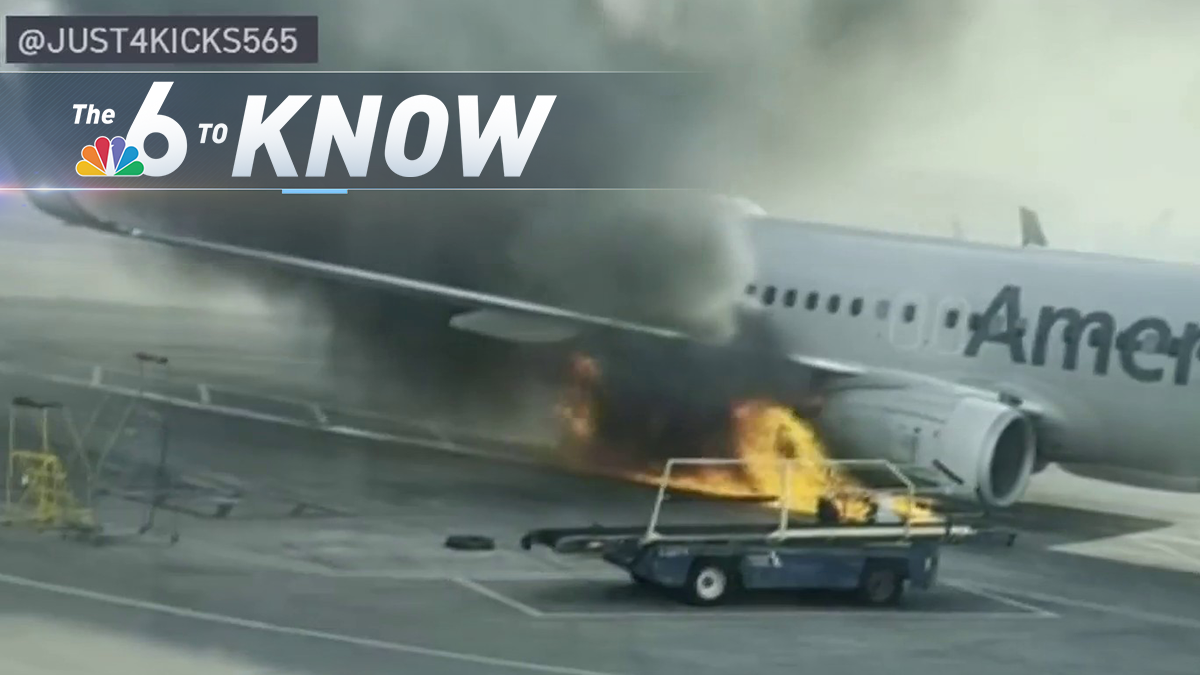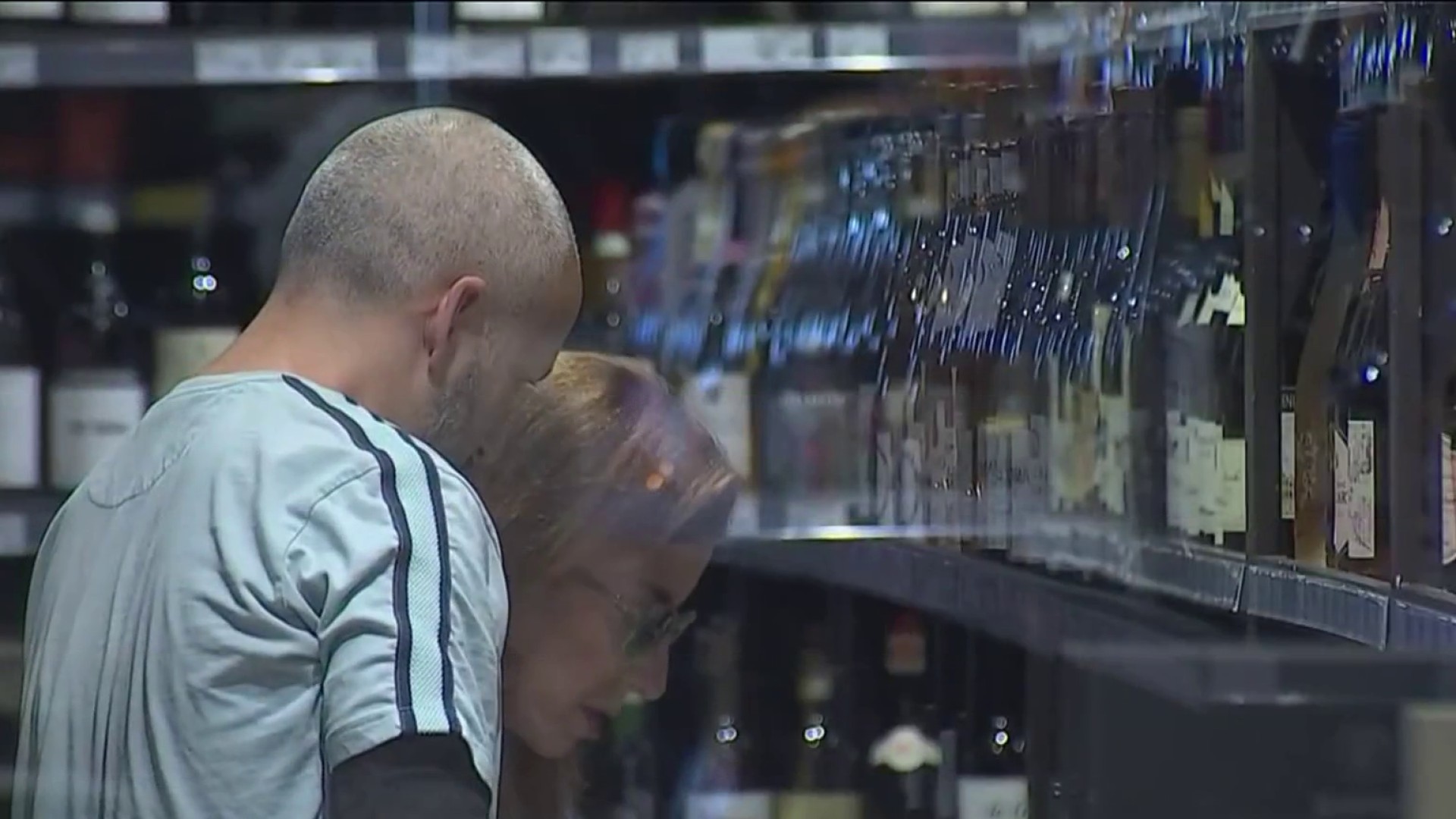Colleges and universities are feeling the impacts of the pandemic. NBC 6’s Ari Odzer reports.
There’s no hustle and bustle, no students playing frisbee between classes on the St. Thomas University campus in Miami Gardens.
The school had to do what every college did: close down and move learning online.
“And what that did is that took at least a $500,000 hit into our budget and when you’re working at a small private university, every dollar counts,” said David Armstrong, the president of St. Thomas University, which has just under 5,000 students.
Across town at Barry University in Miami Shores, the Buccaneers are in the same boat on the same turbulent sea, with a deserted campus and a dwindling bank account.
“I think we’re all doing as well as we can to manage a very difficult situation but there’s no question we’re all feeling it,” said Barry University president Mike Allen. “The implications for universities and colleges will be profound and they will likely last for several years.”
Universities have been hit by the double whammy of revenues being down while expenses are going up. For example, they had to give students refunds for room and board when the semester was cut short.
“The universities around the country have lost $8 billion just on housing and lodging alone,” Armstrong said.
Local
Armstrong and Allen each told us they’ve applied for desperately-needed money from the federal pandemic relief act, known as the CARES act. It contains $14 billion for colleges and universities. Barry qualified for $5 million, STU for $1.29 million. That money would be split between the universities and their students and would go a long way toward paying for the needs incurred by the pandemic.
The problem is, the money has not yet arrived.
Each school is hoping it doesn’t have to cut salaries or jobs, but nothing is off the table.
“Certainly the term contingency planning has taken on a whole new meaning,” Allen said.
The economic fallout from COVID-19 Is impacting so many families, the universities are worried that many students won’t be able to afford tuition.
The worst part? The universities don’t know when “normal” will return, because they can’t say if campuses can fully reopen for the fall semester.
”I think patience is critical right now,” Allen said. ”Everybody wants an answer, we know so much more now then we did a month ago and we will know so much more a month from today then we do right now, and by the time we get to the middle of the summer, there will be a much clearer picture of what the fall will look like.”
So no one yet knows if students will be able to move back into dorms for the fall semester, or if distance learning will continue, or if there will be a combination of the two.
Everything is in flux and changing seemingly every day, and here's another wild card colleges must figure into their budget plans: the international students many of them rely on to pay the bills may not be coming next year, more fallout from the pandemic.
So the local colleges are ramping up their efforts to recruit local high school students who might be more likely, this year, to stay close to home.
“There’s some comfort in that and there’s a lot of questions about travel, so we’re trying to open up our South Florida markets even further than we already have,” Allen said.



